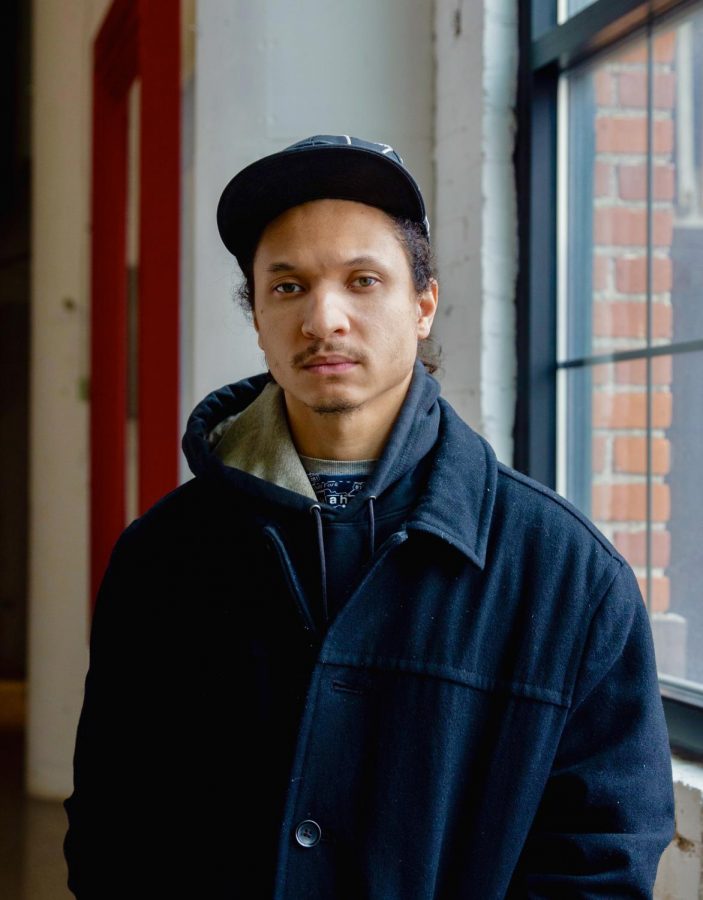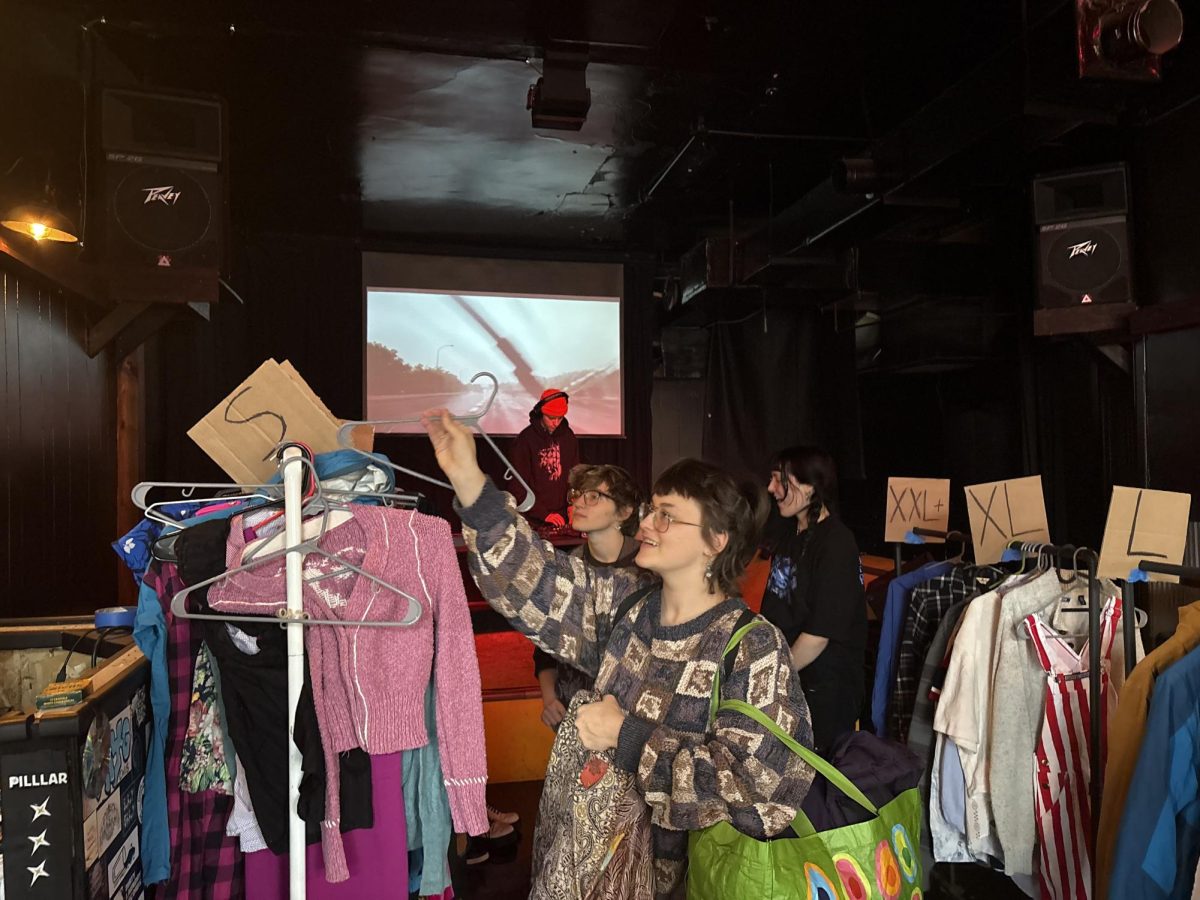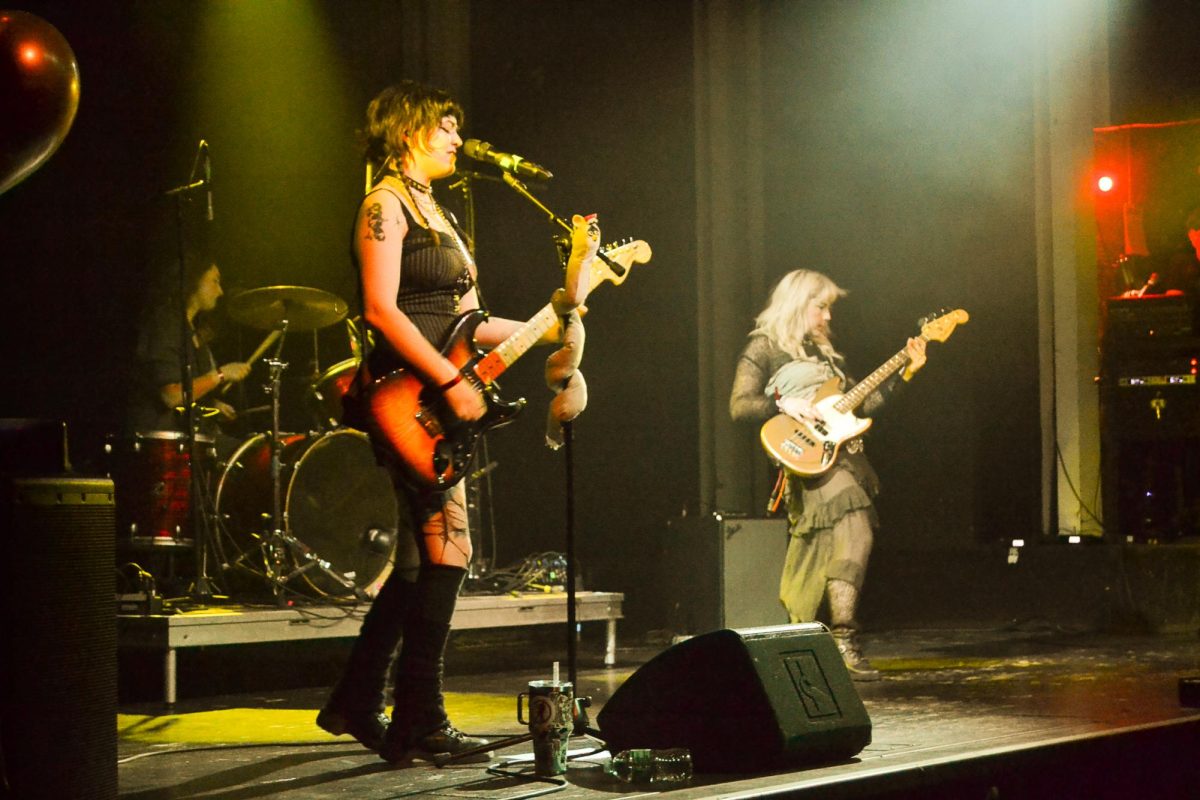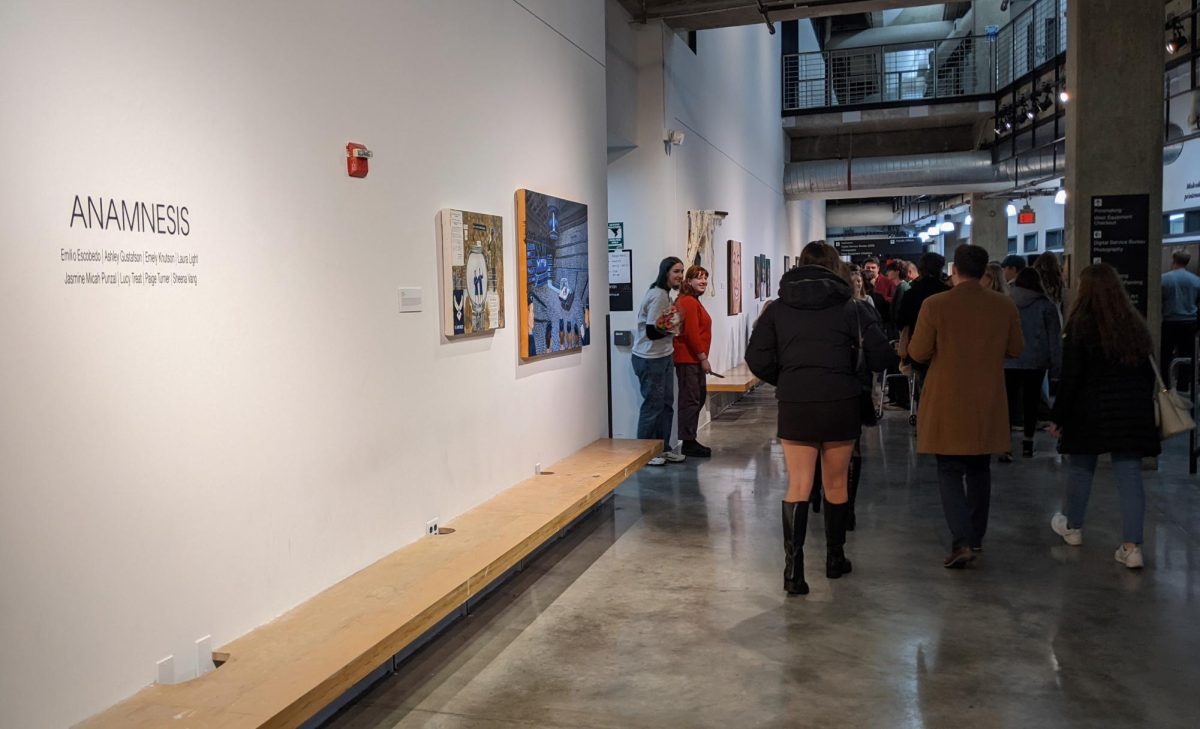Local filmmaker David J. Buchanan premiered his film “Black” in 2018. The film centers around a Black man who sparks a nationwide movement against police violence after his brother is killed by an officer during a traffic stop. Following the summer of 2020, and the police killing of George Floyd, Buchanan re-distributed and retitled the film, changing the name to “Black in Minneapolis.” The film is currently available on Amazon Prime Video.
Buchanan chatted with A&E about the film and its relevance to current social issues.
When did you first begin work on what at the time was titled “Black.” What initially drew you to tell this story?
I feel like the year was 2016, when the live video of Philando Castile getting murdered on Facebook was happening. And that’s when I sort of put pen to paper and started writing it, and actual production started in the summer of 2017.
What led you to rerelease the film and change the title from “Black” to “Black in Minneapolis?”
That was actually the distributor’s idea since we were already released as “Black,” and they wanted it to be a new film. They were like, well, we usually don’t do this but since you guys are local to Minneapolis, and since George Ford had just happened, because this was last year, they were like, ‘This seems like something that we should really look into,’ and so they ended up picking up the film. We settled on “Black in Minneapolis” just because of everything that was happening with George Floyd in Minneapolis because that was such a big deal.
How do you see this film highlighting and informing on the issues of police brutality and discrimination within the Minneapolis Police Department?
The film itself being made after Philando Castile was supposed to be this call to action that Black people aren’t going to put up with bullshit. That was the whole point like Philando wasn’t doing anything wrong and he got killed. So, what was in the movie was a brother being murdered by police and that brother, going out and creating this like revolution, getting Black Lives Matter on board from different chapters in different cities across the United States, in building this sort of exactly what was happening after George Floyd. It was like, almost a premonition sort of thing. I think the movie is telling exactly that same story of what’s happening in real life now.
I think we just need to continue on that road to have people recognize that Black people are human beings and we’re not out here trying to be intimidating. With all these things coming up [in the Derek Chauvin trial] I think it’s just keeping on kind of the same course that’s been happening and, hopefully, lawmakers and legislation and people who are in power kind of adhere to these things.
How do you view the role of the arts in bringing about social change?
I think when it comes to change, I think it’s a very individual thing. Sometimes it’s hard to determine what’s going to change somebody. Film is very much an informative piece more than it is this kind of entertaining thing. And so I hope that people would be able to take away some information from it and make some changes that way. But when I think of just art, changing people, I guess, as an individual, I don’t know how much that actually happens. From what I did with this specific film “Black in Minneapolis,” was I trying to do that? Yes. And I do think that happens but, I don’t know. I don’t know if it always does.
What can we expect next from David Buchanan?
There are various projects that I’m trying to keep going while things are still kind of slowly opening up. But I don’t have a crystal ball so I have no idea what’s going to happen. Whatever I can slowly work on at home, in terms of writing and doing some filming here and there, in a safe way of course.
This interview has been lightly edited for style and clarity.








